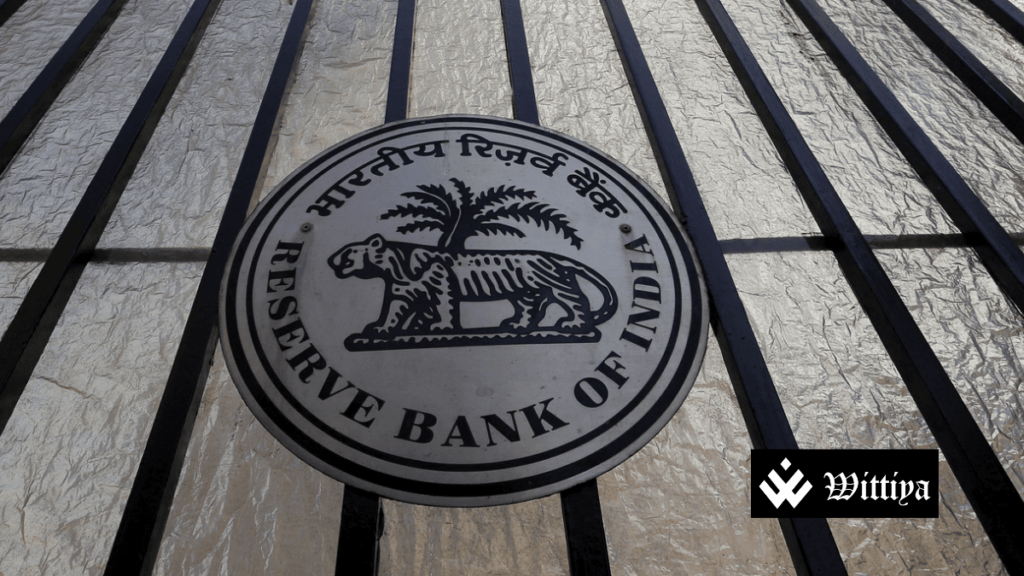India’s urban demand slowdown is likely to persist until the first quarter of the financial year 2026 (Q1FY26), with signs of recovery expected in the second quarter (Q2FY26). A report by Nuvama, a leading financial services firm, highlights that high rental inflation and sluggish wage growth are key factors prolonging the slowdown. However, fiscal measures in the Union Budget and an expected rate cut by the Reserve Bank of India (RBI) may help revive demand. Meanwhile, rural markets continue to perform better, benefiting companies with strong rural penetration like Dabur and Berger Paints.
India’s urban demand slowdown is expected to extend until Q1FY26, with signs of recovery anticipated from Q2FY26, according to a report by Nuvama, a leading financial services firm that provides research, investment banking, and advisory services. The report highlights that high rental inflation and weak wage growth have curbed consumer spending, causing a prolonged slowdown in urban consumption.
Key Factors Affecting Urban Demand
- High Rental Inflation – Rising rental costs in major cities have significantly reduced disposable income for urban consumers, impacting spending on non-essential goods.
- Sluggish Wage Growth – Stagnant salary increments and limited job growth in sectors like IT, real estate, and manufacturing have further constrained household budgets.
- Food Inflation Trends – While food inflation has been a major concern, recent trends indicate a gradual cooling in certain regions, potentially easing financial strain on urban consumers.
Government and RBI’s Role in Recovery
To counter the slowdown, the government has introduced fiscal measures in the Union Budget. One key step is raising the tax exemption limit to ₹12 lakh, which is expected to boost liquidity in the economy. Additionally, the RBI is likely to implement interest rate cuts, which would make borrowing cheaper and improve consumer spending.
Rural Markets Show Resilience
While urban areas struggle, rural demand remains relatively stable. Companies with a strong rural presence, such as Dabur, a leading FMCG brand specializing in Ayurveda-based products, and Berger Paints, a major player in the decorative paints industry, have witnessed steady growth in rural sales.
Experts predict that urban demand will start improving by mid-FY26 as inflation stabilizes, income levels rise, and policy measures take effect. However, consumer sentiment and job market improvements will be key factors in determining the speed of recovery.
